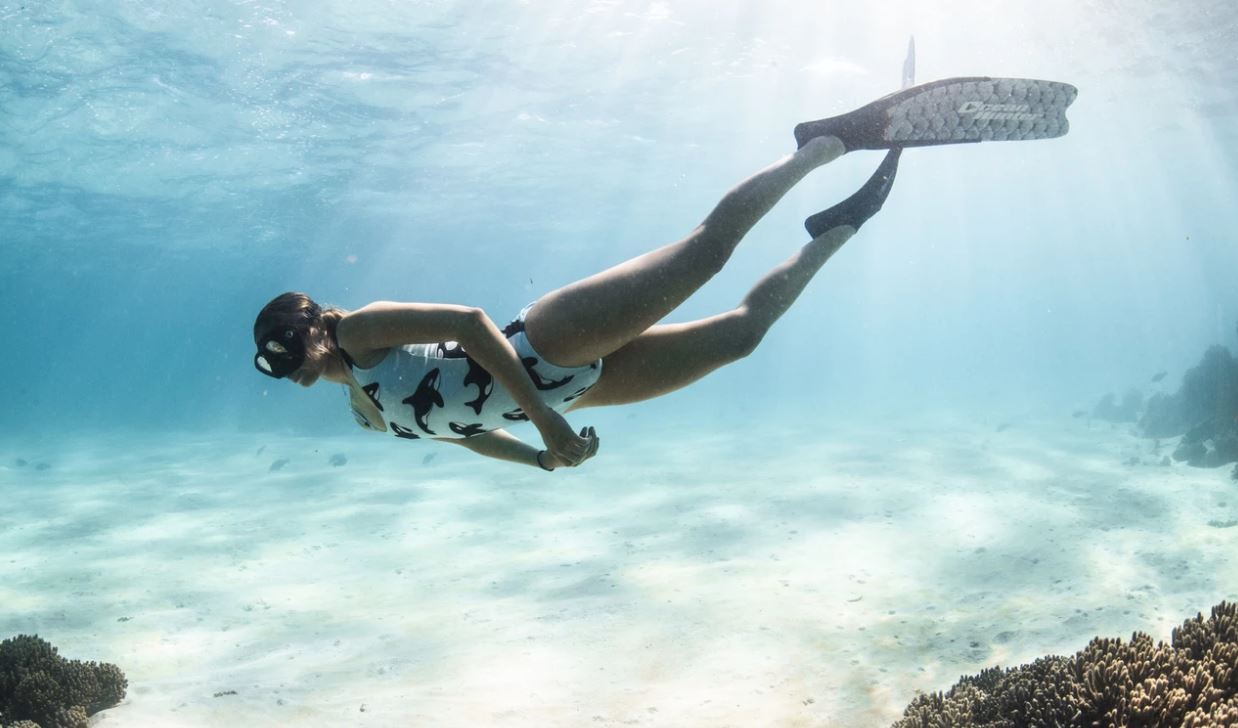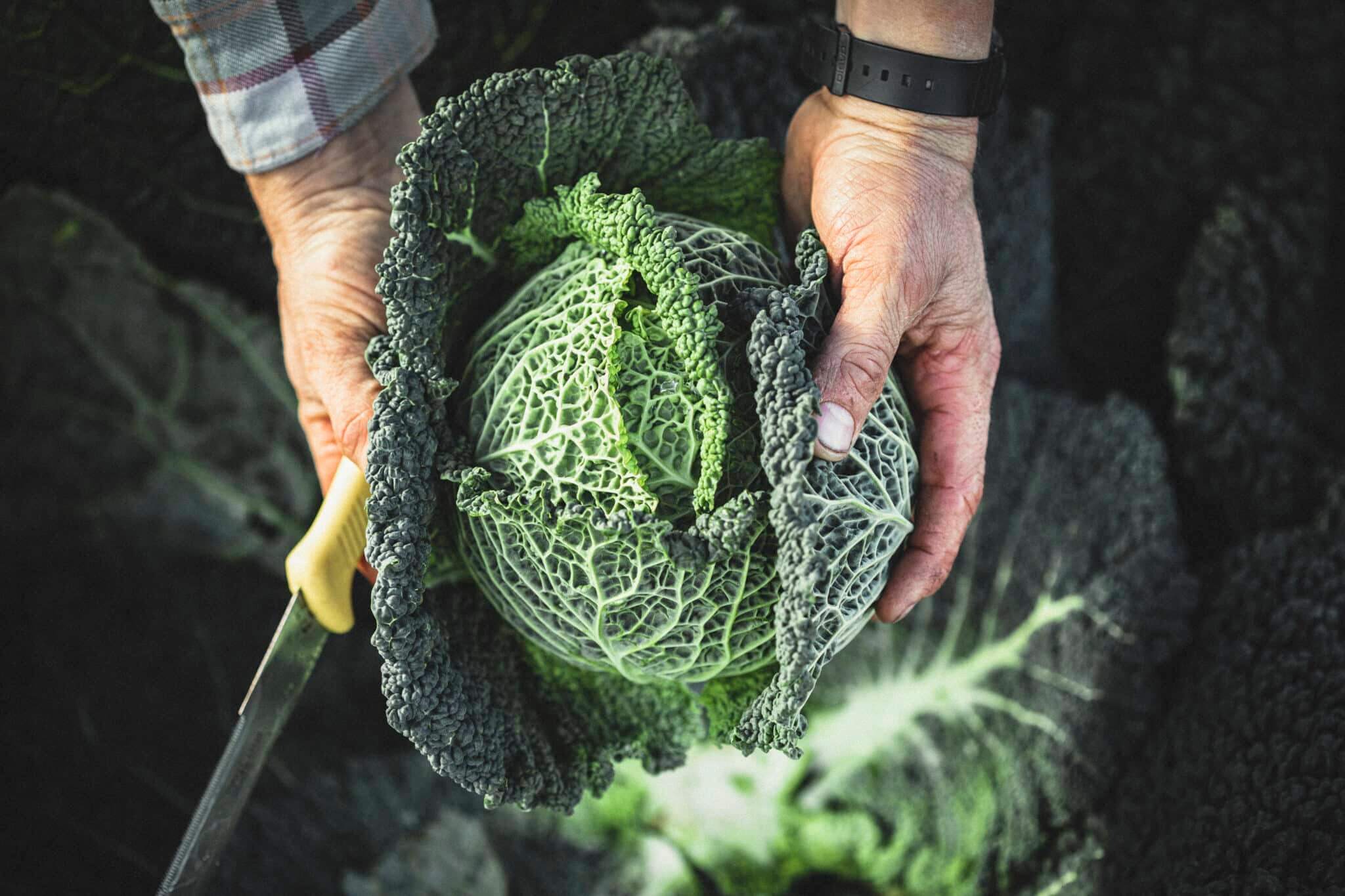As more people are buying ‘less and better’ with clothes, what should you consider when it comes to buying summer holiday swimwear?
Investing in better swimwear that will last longer and washing carefully to prolong the life of the fabric is a good place to start. Cheap clothing also means cheap labour, so check out the ethical credentials of any brand to ensure your lovely new bikini or swim shorts wasn’t made by poorly paid workers in sweatshop conditions.
Most modern swimwear is made of polyester, nylon and lycra for stretch, fit and performance but these are plastic-based fibres and usually end up in landfill. Apart from the odd crochet or hemp two piece online, the best way forward seems to be choosing recycled fabrics – look for swimwear which is durable and guaranteed as resistant to chlorine, sunlight and saltwater.
New independent labels such as Rubymoon and Staywild Swim offer a great alternative – ethical swimwear made in the UK using Econyl, a regenerated nylon fibre created sustainably from unwanted ocean waste such as fishing nets. This helps to not only fight the marine plastic problem, but they are aiming for a fully circular production system where used swimsuits can again be recycled.

Batoko’s swimsuits were created following local beach litter clean ups, where they were shocked at the volume of plastic washed up on shore. They state that that by 2050, plastic will outweigh fish in the world’s oceans, and set about turning “sea trash into sea treasure” through their ethically-manufactured swimwear.
Cornish company Finisterre uses recycled materials in their surf wear for men and women in a range that includes natural rubber wetsuits, and they are closing the loop by launching a wetsuit ‘buy back scheme’ where old suits can be traded in to be recycled.
Patagonia also creates swimwear from recycled materials that are Fairtrade-certified, and wetsuits made using rubber derived from sources certified by the Rainforest Alliance.
The risk of recycled plastic
But it’s not as simple as choosing recycled. Fabric made from recycled plastics can shed more fibres, so could this damage the very marine environment you’re trying to protect?
It is estimated that eight million tonnes of plastics are leaking into the ocean every day, with over 60 per cent of the plastic debris found in the sea coming from clothing microfibres. This is highly destructive to oceans, with the amount and impact of them finding their way into the food chain only now being understood.
Until washing machine manufacturers step up and put micro-plastic filters on their machines, a great solution is to either hand or machine wash swimwear below 30C in a guppyfriend washing bag, designed to let water flow through but trap the microfibres. It also helps protect the swimwear from fibre breakage, helping your suit last longer. As most fibres are shed with the first wash, do this before wearing your new swimwear to reduce shedding.
Finally, you could always do away with the hassle of figuring all this out and find a spot where you can enjoy a swim using the most eco-friendly swimwear around – your birthday suit!













I would like to find someone making gym ware (shorts mainly ) from cotton or hemp, maybe bamboo?
I know I’m probably late to the party, but I get mine from a place called BAM bamboo clothing, and workout shoes from Vivo barefeet.
Great sustainable clothing suggestions Dan, thanks!